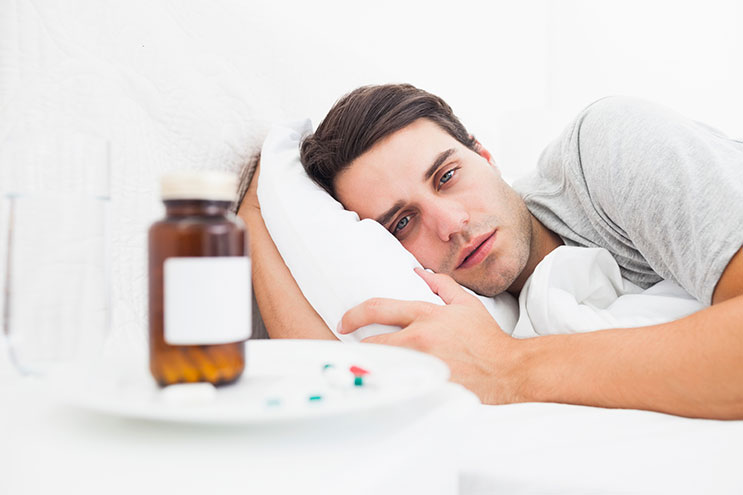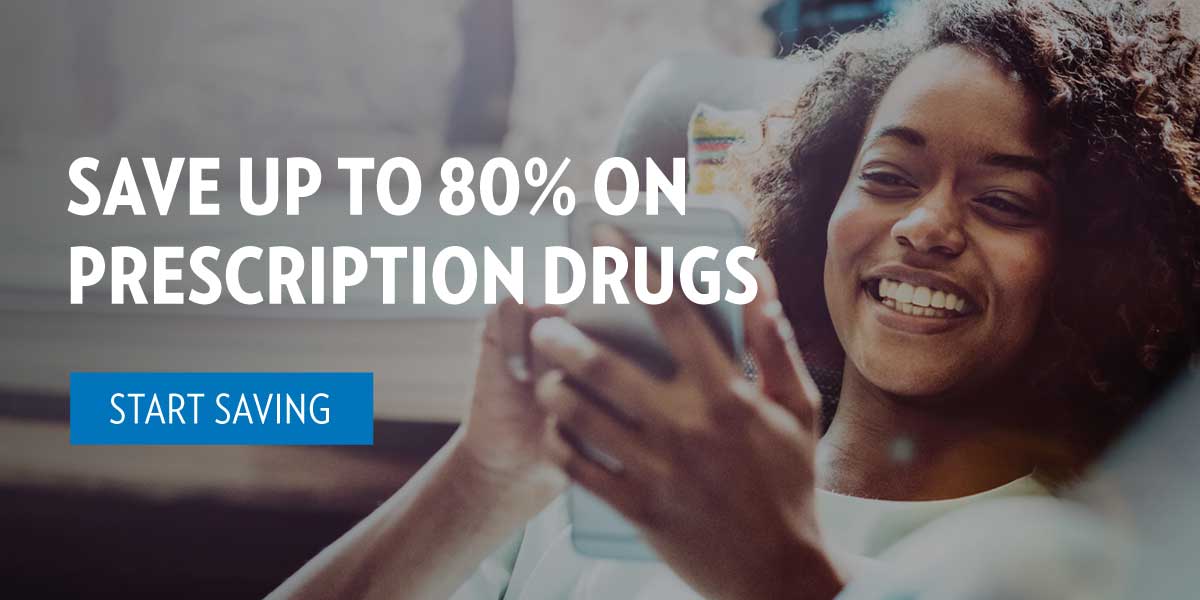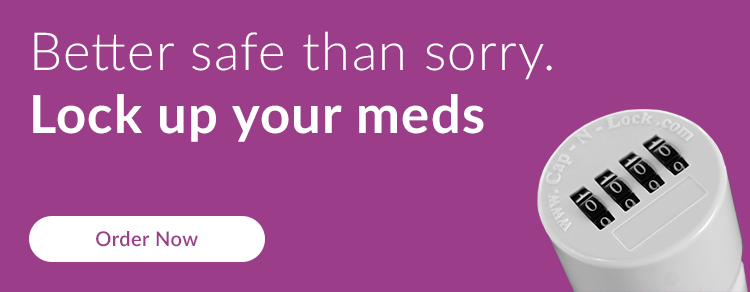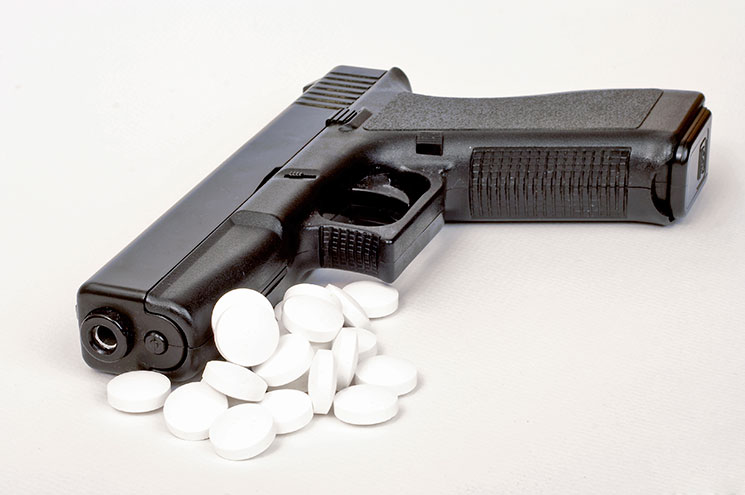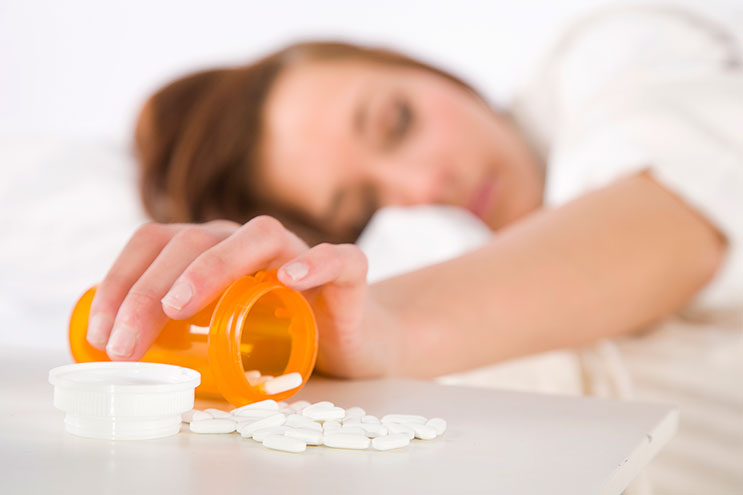Addiction is a complicated subject. What most people don’t understand about addiction is that there is more than willpower at play for a person who is addicted to drugs or alcohol. There is a misconception that addiction is a personal choice. In fact, addiction is a disease.
And like any disease, addiction can be addressed through preventative measures or through treatment.
Disease Prevention vs. Treatment
Compare addiction to another chronic, and potentially deadly, health disease such as diabetes.
Anyone can get diabetes. Some people may be more at risk for diabetes due to their genetics, family history of the disease, and lifestyle choices such as diet and exercise. If you are at risk for diabetes, you have two options:
- Make diabetes prevention a priority. Make the lifestyle changes to keep your body at a healthy weight, and your blood sugar levels stable.
- Disregard your risks, engage in unhealthy behaviors, and treat diabetes after you are diagnosed.
You can either prevent yourself from getting this chronic disease, or you can spend the rest of your life treating it. Unfortunately, there is also a third option: ignore the risk of diabetes, continue to engage in unhealthy behaviors once you get this disease, don’t seek treatment, and ultimately suffer the fatal consequences.
Addiction Prevention vs. Treatment
If you discovered that you were at risk for developing a potentially fatal, chronic disease, you would most likely take steps to prevent that from happening. The concept of disease prevention and treatment is a very easy one for most people to understand.
Addiction Prevention
When you understand that addiction is a disease just like any other, then you begin to understand the importance of prevention.
When someone uses drugs, it causes chemical reactions in the areas of the brain that control judgement, decision making, learning, and behavior control. The act of taking drugs changes the addict’s brain to seek out more drugs. So in order to prevent drug addiction, the most effective strategy is to prevent drug use in the first place.
The National Institute of Drug Abuse (NIDA) has looked at the results of long-term research on drug abuse prevention programs, and found:
- Prevention can reduce or reverse risk factors.
- Parental monitoring and supervision is critical for prevention.
- Prevention programs that include family and school-based programs are more effective than a single program alone.
What you do in your home matters. Talk to your kids about the dangers of drug abuse, including prescription and over-the-counter medicine abuse. Set a good example by not misusing drugs, including prescriptions, yourself. And keep medications locked up from teens or kids who may be tempted to try just one.
Addiction Treatment
If drug prevention measures didn’t work, an addict will need treatment for their chronic disease. Just like someone with diabetes or heart disease, addiction can treated. Treatment programs generally include a combination of medication and behavioral therapy. And like most chronic diseases, treatment for addiction may be a lifelong endeavor.
Expecting an addict to use their willpower and stop using is as helpful as expecting someone with diabetes to use their willpower to get their blood sugar levels back under control. Prevention can go a long way towards staving off a disease, but once you have it, only treatment can help you get your health, and life, back on track.
